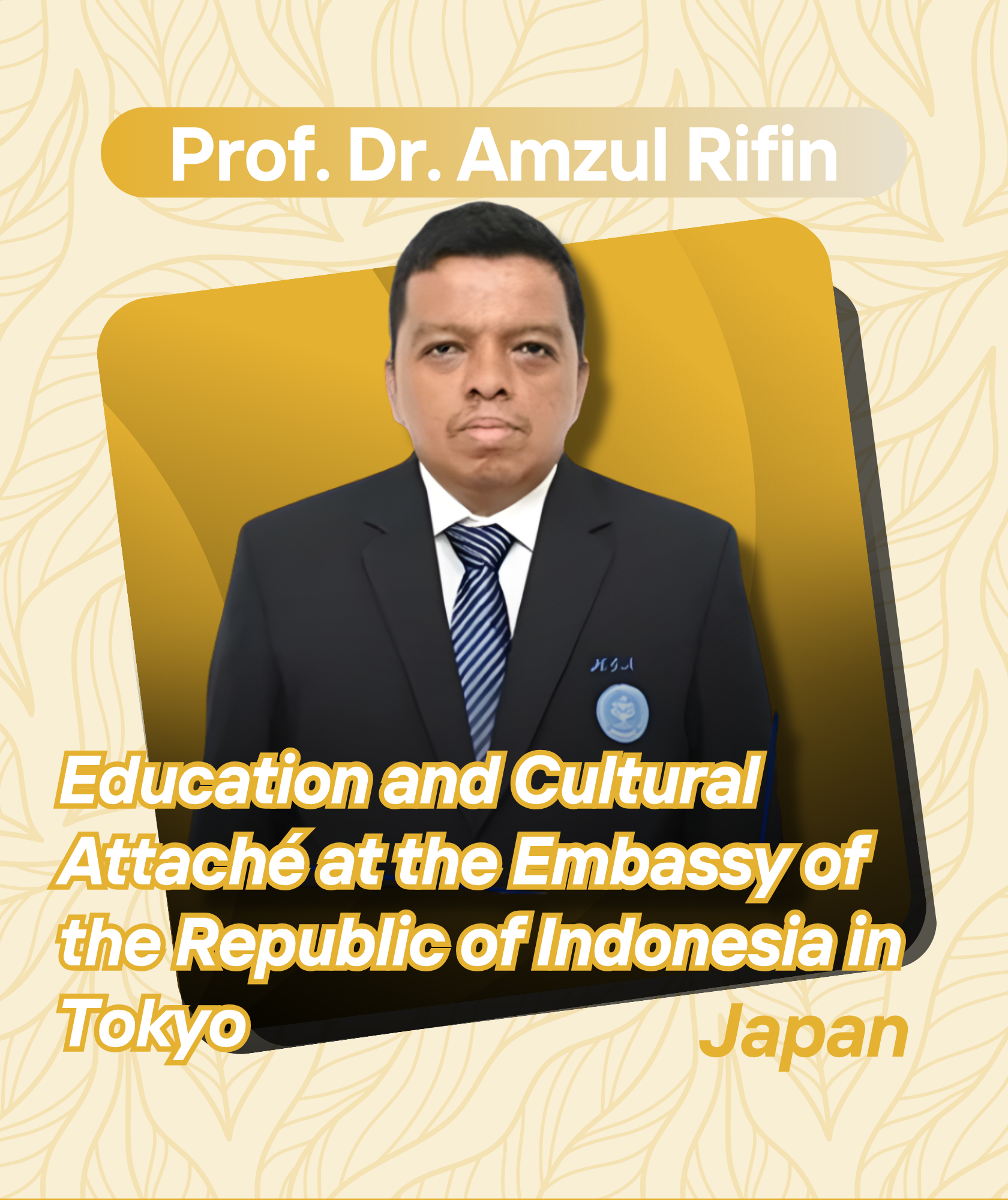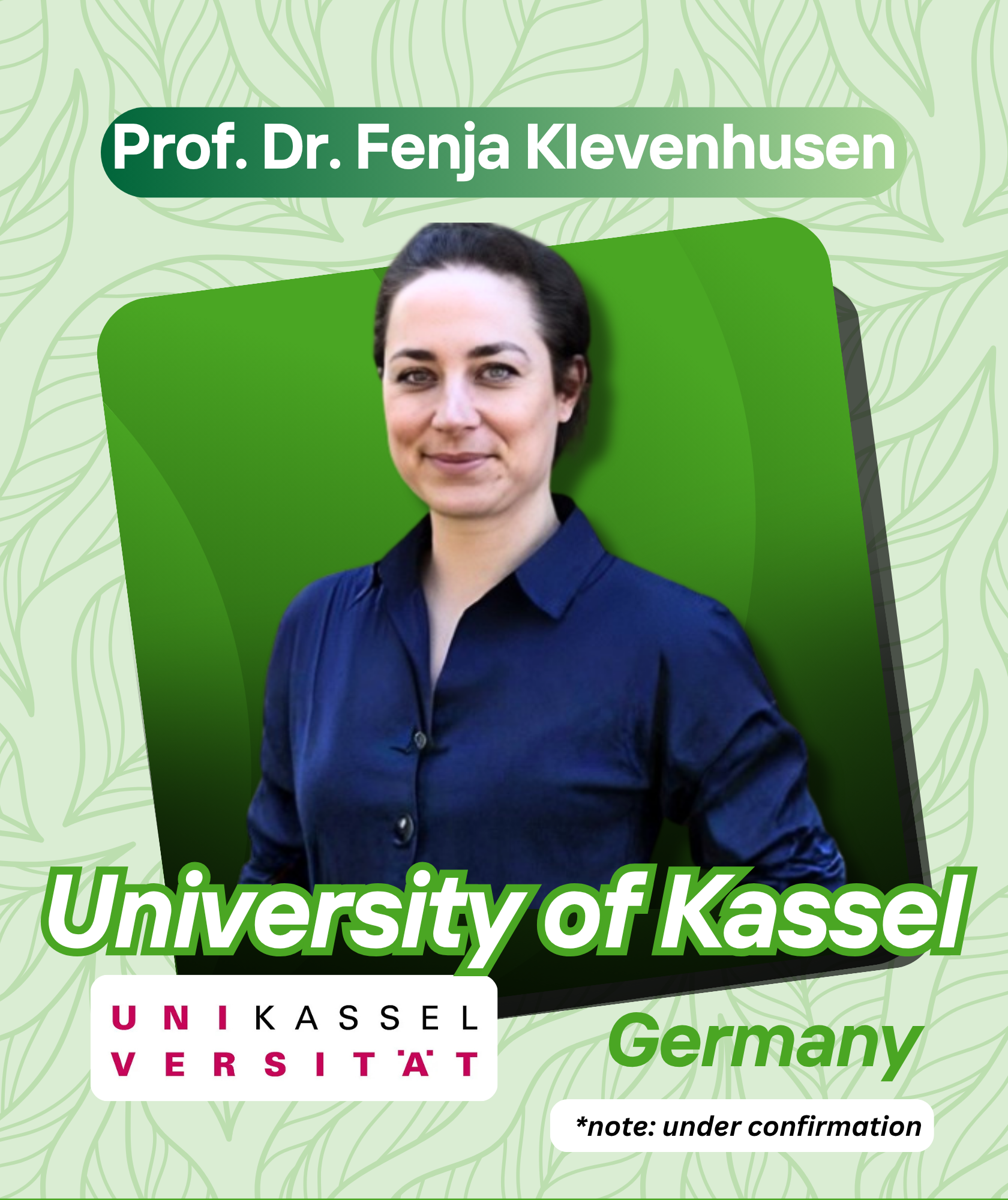Husband-wife interaction, verbal communication, and subjective well-being in fishermen's families on the South Coast, West Java, Indonesia
Keywords:
coastal area, family interaction, fishermen family, subjective well-being, verbal communicationAbstract
Fishermen's families on the south coast of West Java live in an environment influenced by economic uncertainty and challenging natural conditions. Effective husband-wife interaction and verbal communication are key to shaping their subjective well-being amidst the pressures of life they face. This study aims to analyze the correlation between family characteristics, husband-wife interaction, and verbal communication on the subjective well-being of fishermen's families. The study was conducted in the coastal areas of Sukabumi, Pangandaran, and Garut, West Java, Indonesia. The study used a quantitative method with purposive sampling involving 228 fishermen's wives as respondents. Descriptive and correlation analyses were conducted in this study. The results showed that the wife's education (p<0.05) and husband-wife interaction (p<0.05) were significantly positively correlated with family subjective well-being. At the same time, verbal violence was significantly negatively correlated (p<0.05) with family subjective well-being. Husband-wife interaction was significantly positively correlated (p<0.05) with verbal affection and age of marriage and negatively correlated with verbal violence. In addition, the wife's education was significantly positively correlated (p<0.05) with verbal violence. The study's implications can be a basis for the government and local organizations in designing family empowerment programs that strengthen positive communication and interaction between husband and wife to improve the subjective well-being of fishermen's families.













